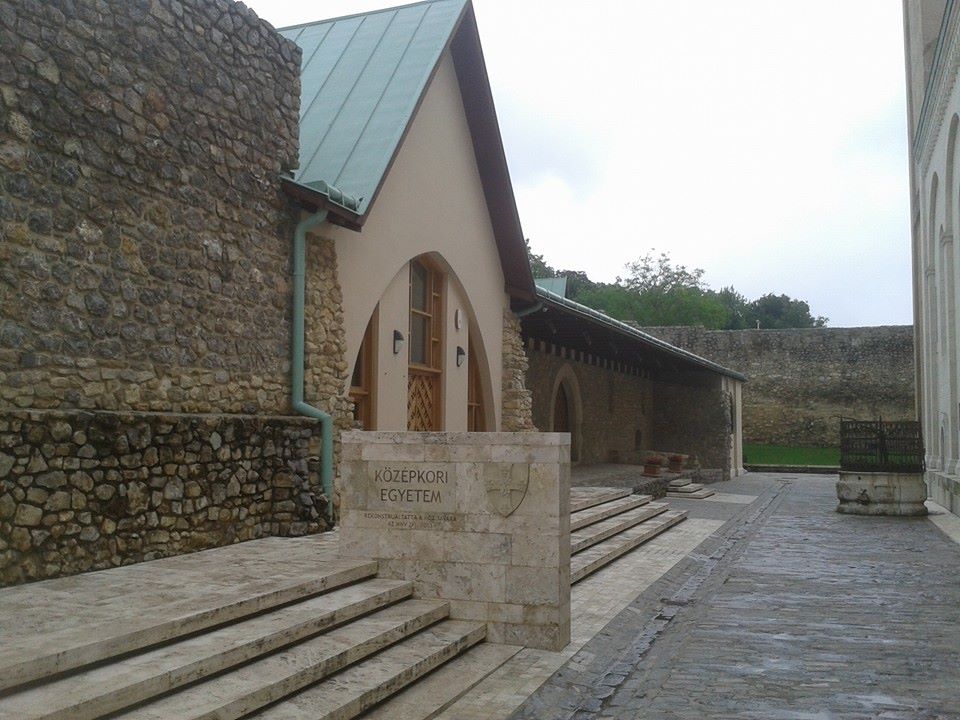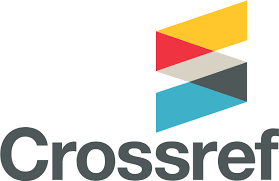Oktatási központ a Mecsek lábánál
Az első magyar egyetem történetének súlypontjai
DOI:
https://doi.org/10.15170/PAAA.2017.04.01-02.02Kulcsszavak:
egyetemtörténet, alapítás, egyetemi oktatók, egyetemi épületek, középkori egyetem, Pécs, I. (Nagy) Lajos, Vilmos pécsi püspökAbsztrakt
Among the universities, which were established around the European continent gradually from the second half of the 14th century, we have to highlight the role of Pécs within the Kingdom of Hungary. The University of Pécs (studium generale) was founded in 1367 by bishop William of Koppenbach (1361–1374), who played an essential role in the operation of the institution. The most important objective of the establishment of the university was that the diplomats of the king (contemporarily King Louis I the Great) would be able to study in the territory of Hungary instead of the Italian cities. Self-evidently, the costs of studying at a local university proved to be much lower than spending years in the well-known Italian cities such as Bologna and Padova. As an ecclesiastical seat, Pécs offered an excellent opportunity for the development of a newly-established institution. The cathedral chapter school and the library also had an important role in the foundation. In my paper I will discuss the most important details regarding the short history of the medieval university of Pécs.
Letöltések

Downloads
Megjelent
Hogyan kell idézni
Folyóirat szám
Rovat
License

This work is licensed under a Creative Commons Attribution-NonCommercial-NoDerivatives 4.0 International License.










